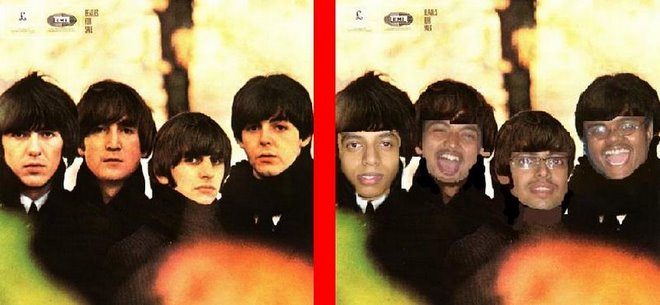I tend to forget. Once transitioned from one world to the next, my self tends to forget.
Be it friends, foes, or a once cherished wonder... The haze of the here and now swallows all; at times in the blink of an eye, at others, slow, imperceptible.
Friends I have lost a few, to this unseeing beast. My little steps running along in unburdened haste, seldom looking back at those who remained. 'Remain' is disappointingly apt in describing my relation to those that I pass by - passive, lifeless, fading... As my self carries on with its conquest of nothingness... As I tend to forget.
Of wonders what do I say? Fleeting so effortlessly by, I would only hope their ripples outlive their ephemeral selves. But ripples are easy to miss in a stream of limitless busyness. In continuous motion, one misses a coherent frame of reference. As one tries on masks on top of masks, the music drifts to the hills. I build walls around me, as I slowly tend to forget.
Then one day... I hear a whisper. Perhaps a tune I once knew... A song that soothed a previous life.
In the light thus shone, I gather my bearings, half blinded half asleep. And in so doing, find a fracture deep within. I wonder, if the song of seasons past serenades this little void, or is it the darkness that opens me to the music?
Must sweet relief follow only from abyssal depths? Does the muse that once saved a million lives, lose its magic with declining strife? Perhaps this follows from the relativity of emotion. Perhaps, it is a matter of perception. Perhaps, selective perception.
Strife is core to the human condition. A wall to push against, to find oneself, identify one's edges, and break into breath. To see no strife, is to live with eyes closed; closed, to the relatedness of one with the other; closed, to the decadent numbing of the world around; closed, to the changing air, water and land.
The muse must therefore present itself to those who see, feel and live. And to live is to suffer; to suffer is to open oneself to the music. Songs that soothed many a life before, play on, waiting only for us to let ourselves in.


